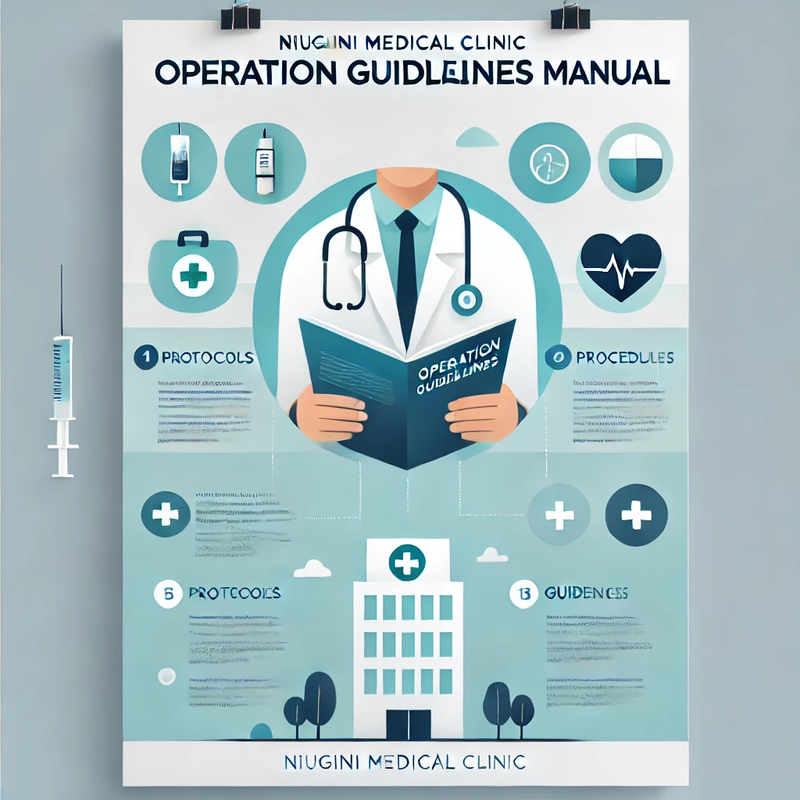Clinic Laboratory Test Kit Storage, Disposal, and Usage Policy:

1. Storage Procedures:
- Store all laboratory test kits according to manufacturer specifications, separating those requiring refrigeration (2 to 8 degrees Celsius) from those stored at room temperature.
- Regularly monitor and record storage temperatures to ensure compliance with specified ranges.
2. Expiry Date Monitoring:
- Maintain a comprehensive inventory of all laboratory test kits, clearly marking expiration dates on each kit.
- Implement a system for routine checks to identify and remove expired test kits from inventory.
3. Storage Records:
- Keep detailed records of all laboratory test kit inventory, including batch numbers, dates of receipt, and storage conditions.
- Conduct regular audits to ensure accuracy and compliance with storage guidelines.
4. Storage Area Maintenance:
- Designate specific storage areas for different types of laboratory test kits to prevent cross-contamination.
- Ensure that storage areas are well-organized, clean, and easily accessible.
5. Temperature Monitoring:
- Install temperature monitoring systems for refrigerated test kit storage areas.
- Establish protocols for responding to temperature excursions and document corrective actions taken.
6. Usage Guidelines:
- Adhere strictly to manufacturer instructions for the proper use and handling of each laboratory test kit.
- Provide training to laboratory staff on correct usage procedures and potential risks associated with each test.
7. Disposal Procedures:
- Develop a systematic process for the safe disposal of expired or damaged test kits.
- Follow local environmental regulations for the disposal of laboratory materials and hazardous waste.
8. Emergency Situations:
- Establish protocols for addressing emergencies such as power failures or equipment malfunctions that may impact the storage conditions of test kits.
- Have contingency plans in place to minimize the risk of compromising test kit integrity.
9. Quality Control:
- Implement regular quality control measures to ensure the accuracy and reliability of test results.
- Document and address any deviations from expected test kit performance promptly.
10. Staff Training:
- Provide ongoing training to laboratory staff on the proper handling, storage, and disposal of laboratory test kits.
- Ensure that staff members are aware of the importance of adherence to storage and usage protocols.
11. Communication:
- Establish clear communication channels regarding changes in storage procedures, recalls, or updates from test kit manufacturers.
- Communicate any deviations from standard procedures to relevant staff promptly.
12. Documentation and Reporting:
- Maintain accurate and up-to-date documentation of all activities related to test kit storage, usage, and disposal.
- Establish a reporting system for staff to notify management of any issues or concerns related to test kits.
This Laboratory Test Kit Storage, Disposal, and Usage Policy is designed to ensure the integrity and reliability of testing processes at Niugini Medical Clinic, promoting patient safety and compliance with industry standards. All laboratory staff members are expected to adhere to these guidelines in their daily practices.


